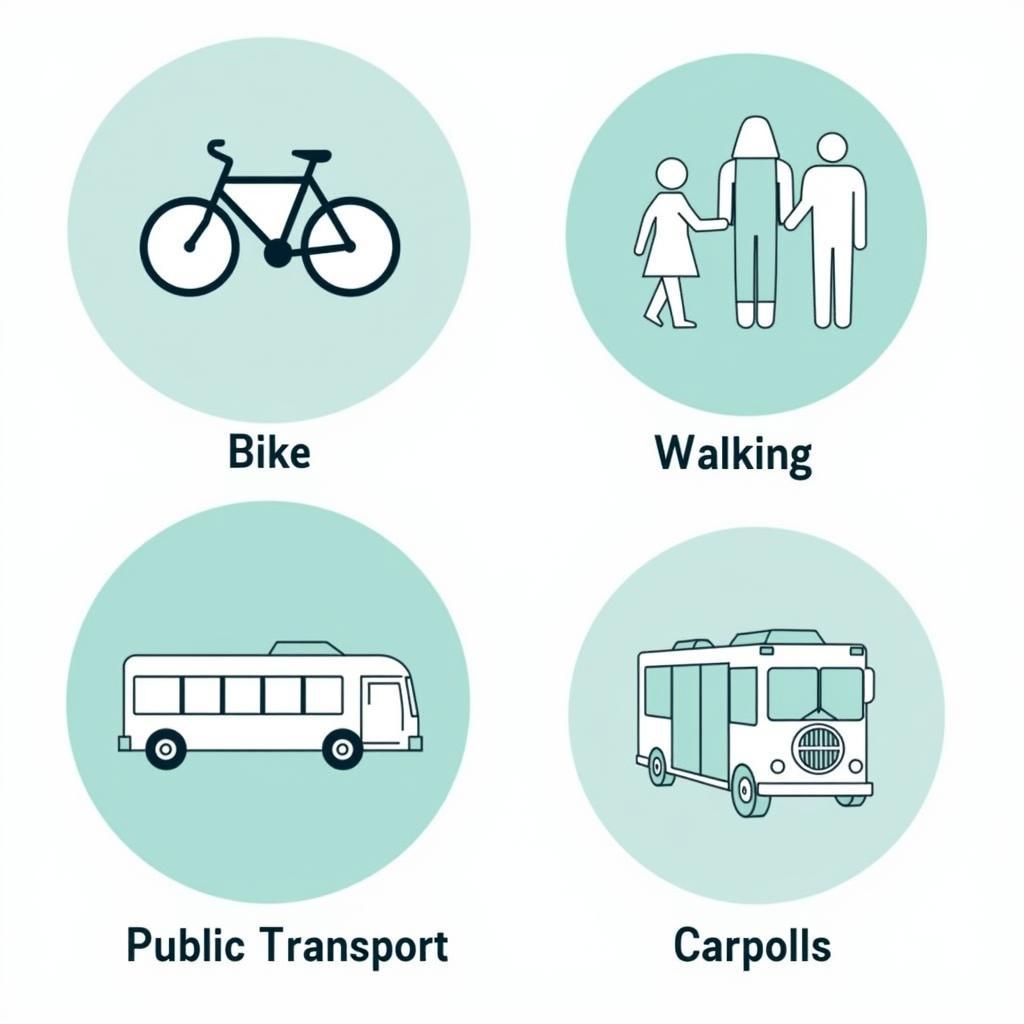Does Social Services Pay for a Car?
Understanding if and how social services might help with car-related expenses is a common question for many. Does Social Services Pay For A Car? The short answer isn’t a simple yes or no. While social services rarely provides funds directly to purchase a vehicle, there are certain circumstances where they may offer financial assistance related to transportation, which could indirectly help with car costs. Let’s delve deeper into this complex topic and explore the various scenarios and available options.
Understanding the Role of Social Services in Transportation Assistance
Social services agencies primarily focus on providing essential support to individuals and families facing financial hardship. Their goal is to empower self-sufficiency and improve overall well-being. Transportation, while crucial for accessing employment, healthcare, and other vital services, is often viewed as a secondary need compared to housing, food, and medical care.
When Transportation Becomes a Primary Need
There are specific situations where transportation can become a primary need, thus increasing the likelihood of social service assistance. These typically involve cases where lack of transportation directly impacts access to essential services:
- Medical Necessity: If an individual requires regular medical treatment and lacks reliable transportation, social services might provide assistance for transportation to appointments. This could involve covering bus fare, gas expenses, or even contributing towards vehicle repair costs in some limited cases.
- Employment-Related Transportation: In certain instances, social services may offer temporary transportation assistance to help individuals secure or maintain employment. This might include short-term support for gas or public transport until the individual receives their first paycheck.
- Disabled Individuals: Individuals with disabilities who face significant mobility challenges may qualify for specialized transportation programs. These programs can vary depending on location and the specific needs of the individual.
Exploring the Different Types of Assistance
It’s important to recognize that the type and amount of assistance available can vary significantly depending on the location, specific social service program, and individual circumstances. Here are some potential avenues to explore:
- Temporary Assistance for Needy Families (TANF): While TANF doesn’t typically cover car purchases, it might offer temporary cash assistance that could be used towards transportation costs.
- Supplemental Security Income (SSI): Similar to TANF, SSI doesn’t directly fund car purchases, but recipients can use their benefits towards transportation expenses as needed.
- Vocational Rehabilitation Programs: These programs can offer more comprehensive support, including transportation assistance, for individuals with disabilities seeking employment. In certain cases, this might even involve contributing towards vehicle modifications or adaptive equipment.
- Local Charities and Non-Profit Organizations: Many community organizations offer transportation assistance programs specifically tailored to their local population’s needs.
Navigating the Application Process
Applying for transportation assistance through social services requires careful preparation and documentation. It’s essential to gather all necessary information, including proof of income, medical documentation (if applicable), and details about employment status or job search efforts.
What If Social Services Doesn’t Cover Car Costs?
If social services cannot provide direct financial assistance for a car, there are alternative options to consider:
- Carpooling or Ridesharing: Sharing rides with colleagues, friends, or family can significantly reduce transportation costs.
- Public Transportation: Utilizing buses, trains, or subways can be a more affordable option compared to owning a car.
- Community Transportation Programs: Many local communities offer free or low-cost transportation services for seniors, individuals with disabilities, and low-income families.
- Used Car Programs: Some non-profit organizations offer low-cost or donated vehicles to individuals in need.
Long-Term Transportation Solutions
Building long-term transportation solutions requires strategic planning and resourcefulness. Consider creating a transportation budget, exploring carpooling opportunities, and investigating alternative modes of transport.
Conclusion: Finding the Right Transportation Solution
While social services may not directly pay for a car, there are various ways they can assist with transportation-related expenses. Understanding the specific programs available in your area and carefully navigating the application process can significantly increase your chances of receiving the support you need. Remember to explore alternative transportation options and develop a long-term strategy to address your transportation needs effectively. Does social services pay for a car? Not directly, but there are avenues to explore.
 Long-Term Transportation Solutions
Long-Term Transportation Solutions
FAQ:
- Can I get a car loan through social services? No, social services typically does not offer car loans.
- What documentation do I need to apply for transportation assistance? Required documentation varies, but typically includes proof of income, medical documentation (if applicable), and details about employment or job search efforts.
- Are there any transportation programs for seniors? Yes, many communities offer specialized transportation programs for seniors.
- How do I find local transportation resources? Contact your local social services agency or community action agency for information on available resources.
- What if I’m denied transportation assistance? You can inquire about the reason for denial and explore alternative options like appealing the decision or seeking assistance from other organizations.
- Can social services help with car repairs? In limited cases related to medical necessity or employment, they might offer some assistance.
- How can I create a transportation budget? Track your current transportation expenses and identify areas where you can save money.
Need further assistance? Contact us via WhatsApp: +1(641)206-8880, Email: [email protected] or visit our office at 456 Oak Avenue, Miami, FL 33101, USA. Our 24/7 customer service team is ready to help. We also have articles about car maintenance, car buying advice, and more on our website. Check them out!

